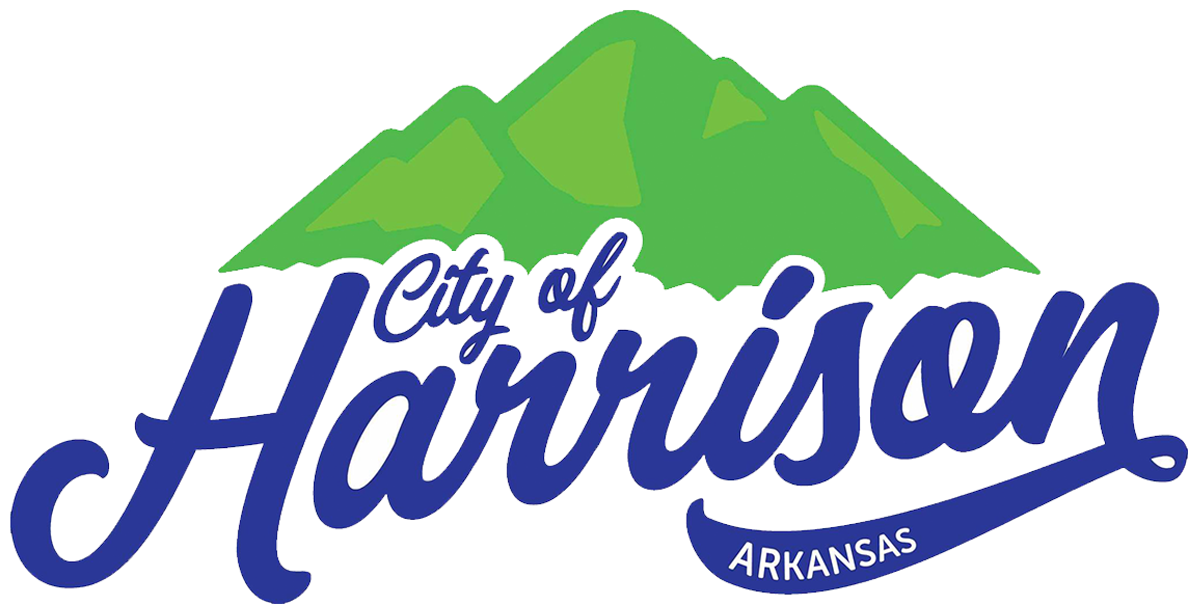There are those who wake up each morning determined to find fault – even in those who work tirelessly for the good of our community.
In today’s world, it’s easy to say everything is bad and that leaders are failing. But here in Harrison, the truth tells a different story. We live in one of the best small towns in America. Our people are more generous, God-fearing, and more engaged than ever.
There is no denying the role social media plays in this dynamic. Over the past decade, it has transformed the way we communicate. At its best, it connects us with family, friends, and opportunities. At its worst, it amplifies anger, rewards division, and gives a megaphone to those who thrive on stirring conflict.
This has given rise to what some call “conflict entrepreneurs.” They don’t profit in money, but in attention — by spreading outrage and hostility. The more divisive their message, the more clicks, shares, and visibility they receive. And too often, what begins on a screen doesn’t stay there.
We’ve seen how words can escalate into actions. While no single factor explains the tragedies of mass shootings, there is a troubling pattern: individuals isolated online, pulled deeper into echo chambers of hate, and emboldened by the false belief that their anger is justified. What begins with words can end in heartbreak.
That’s why, as a community, we cannot ignore this connection. We must be mindful of the words we use and the voices we reward. We must teach our young people — and remind ourselves — that truth matters, kindness matters, and fueling hate has real consequences.
We cannot control the internet. But we can shape the culture of Harrison. We can choose to lift one another up with a smile or a nice comment, instead of tearing each other down. We can deny power to those who profit from conflict. And we can stand together, knowing that unity — not division — is the surest path to safety and prosperity.
Hate has always existed. But today it spreads faster than ever. If we want to safeguard tomorrow, we must confront it today — with courage, with responsibility, and with an unwavering commitment to each other. All I ask is greater respect for one another. Let’s start now!
Seven practical steps to stop hate
1. Think Before You Share
• Ask readers to pause and verify information before hitting “share.”
• Encourage them to check if the source is reliable and if it’s rumor or fact.
2. Don’t Reward Negativity
• Ask them not to “like,” comment, or forward posts that are clearly hateful or spreading lies.
• Point out that every click boosts the visibility of the negativity.
3. Respond with Respect
• If they feel they must respond, do so respectfully and with facts, not insults.
• Remind them: “We can disagree without being disagreeable.”
4. Spread Positivity
• Ask them to post more good news: highlight neighbors helping neighbors, community successes, or uplifting stories.
• Positivity drowns out negativity.
5. Support Truthful Voices
• Encourage them to share official information from the city, schools, hospitals, or trusted local organizations.
• Remind them that “silence lets lies spread—truth needs a voice.”
6. Take It Offline
• Suggest that if someone has a serious issue, they pick up the phone, attend a meeting, or talk face-to-face.
• Social media fuels division — real conversations heal it.
7. Be an Example
• Ask them to commit to modeling civility.
• A line you might use: “The way we treat each other online reflects the kind of community we are in real life.”

